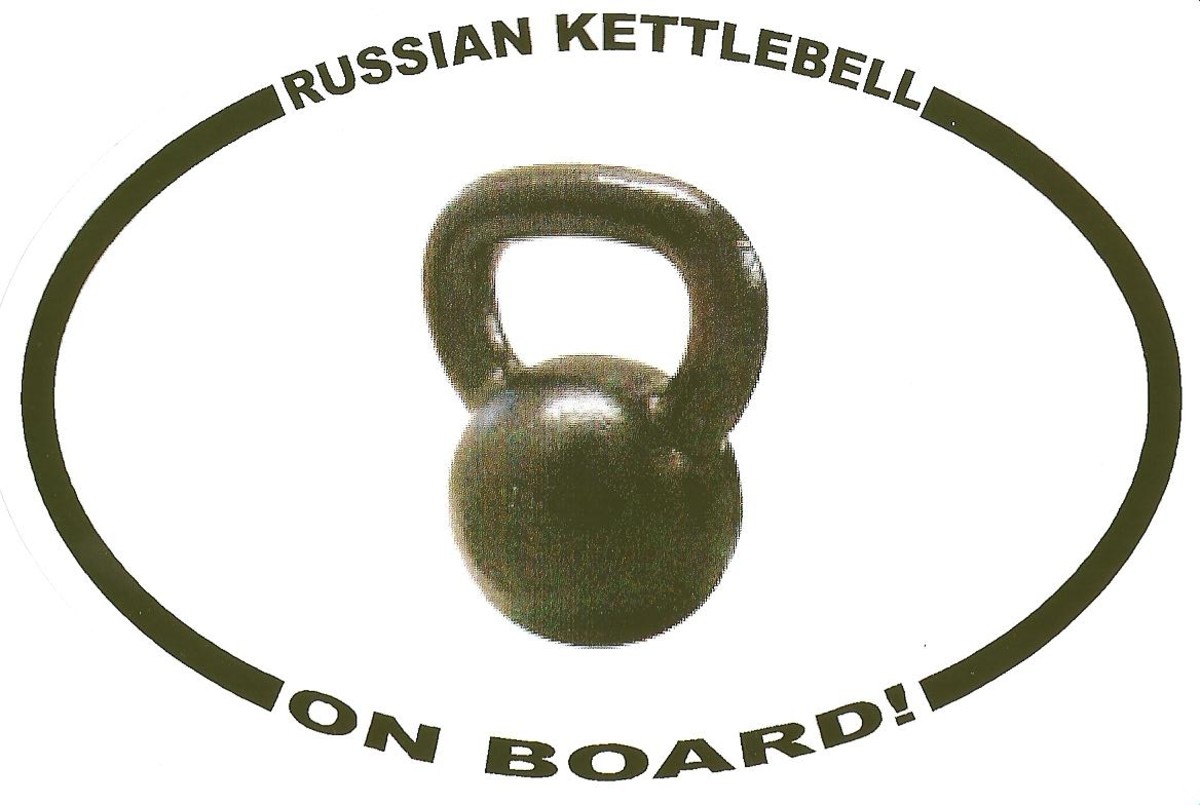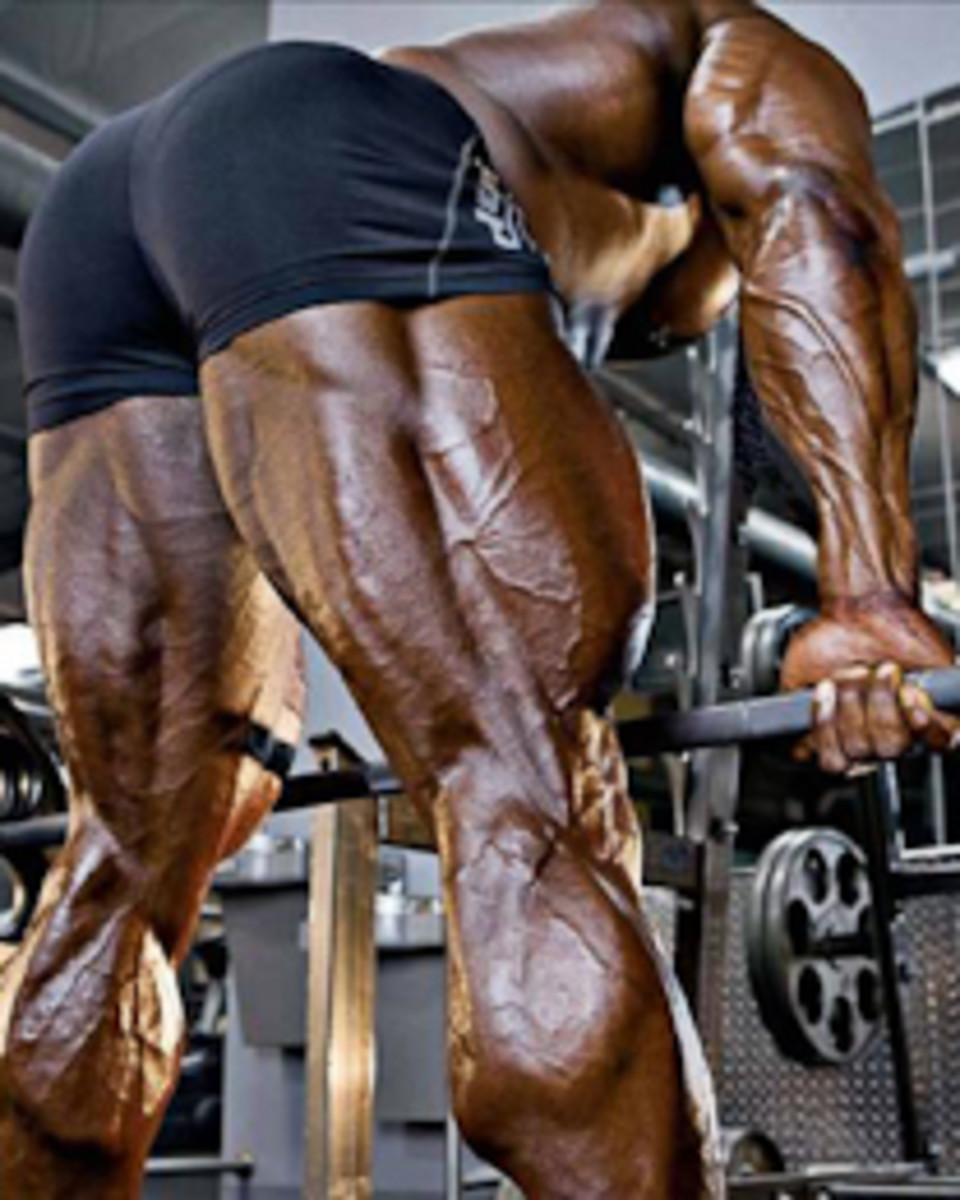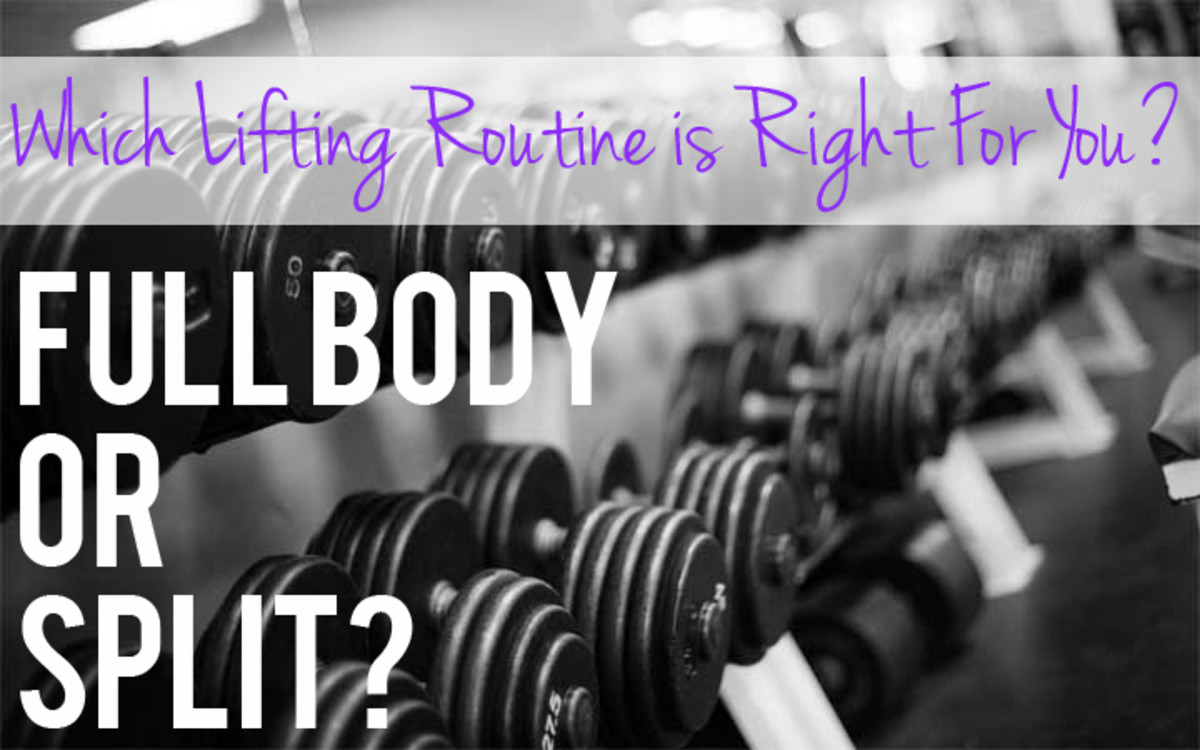Is Training that Focuses on Grip Strength a Waste of Time?
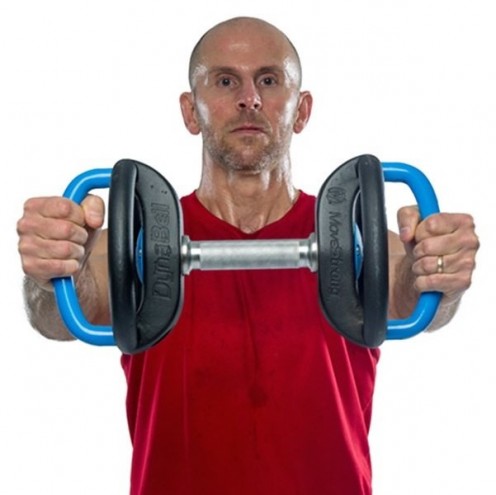
One particular study, led by Dr. Carolina Ling, found this association. Her study involved 555 people who were at least 85. Other studies have looked at younger people such as middle age. The older a person is, the more relevant grip strength becomes when being associated with all-cause mortality or survival.
Why is there the association anyways?
Dr. Ling’s study was not able to offer an explanation. However, here are some points to consider.
People with strong hand grips are much more likely to be physically active.
You don’t get a strong grip sitting at a desk job all day and then sitting before the TV or computer all evening.
Being physically active helps stave off disease. Leading a sedentary life of minimal physical activity raises the risk of various medical conditions.
People who do things earlier in life that increase grip strength (either deliberately or incidentally such as certain hobbies or professions) will experience increased longevity because these physical activities benefit health in general.
We have to look at the big picture when it comes to these studies. It truly makes a lot of sense that hand grip weakness is linked to early death.
Older people with strong hands – again, suggest years of physical activity involving tight gripping.
It’s not the grip, in and of itself, that causes disease when it’s weak, or makes you live long when it’s strong.
The grip is a MARKER, or indicator, of things that likely will come. It has a predictive value.
Thus, if you’re out of shape, flabby, smoke, drink heavily and have a junk food diet, but you decide to start strengthening your grip by using hand-grip devices while you watch TV and guzzle soda – this will not make you live longer.
What helps a person live longer, and what significantly reduces the risk of illness, is regular exercise.
Cardiovascular exercise does not involve any hard gripping. But strength training certainly does.
Any kind of pulling motion against resistance will strengthen the grip. Such weightlifting moves include:
- Deadlift
- Rack pull
- Bent-over barbell or dumbbell row
- Renegade row
- Seated row
- Lat pull-down
- Pull-up, chin-up



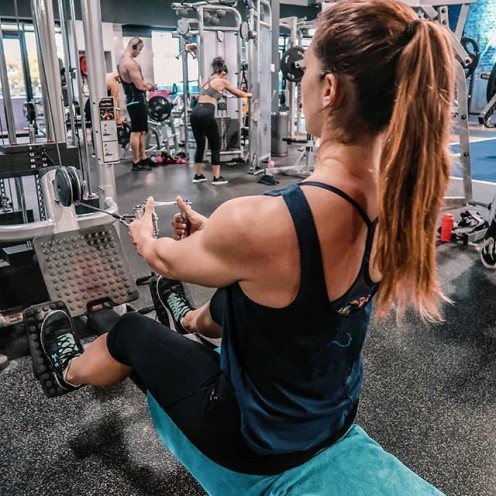
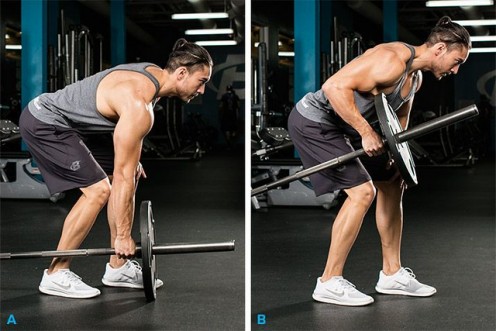
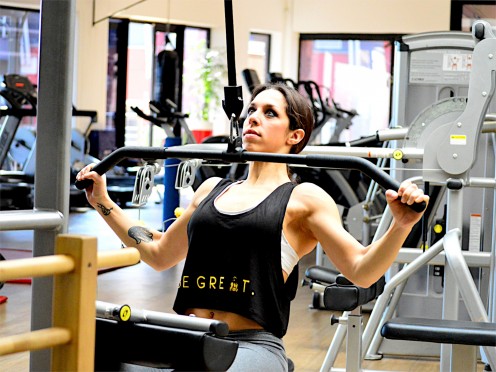
The body is just plain healthier when it’s weight trained.
Furthermore, it’s a safe bet that anyone who commits to doing even a few of these exercises likely has a healthful diet – certainly one that’s not laden with junk food, sugar and trans fats.
People who are committed to gym workouts usually don’t smoke or have a drinking problem, either.
So overall, they are a lot healthier and fitter than are people who don’t lead this kind of lifestyle.
Other activities that lead to a fitter body (and stronger grip) include rock-wall or outdoor rock climbing, racquet sports, judo, professional moving and landscaping.
But if a professional mover or landscaper smokes and has other unhealthy lifestyle habits, their hand grip strength won’t mean a thing as far as being predictive of a long life.
Dr. Ling’s study appears in a 2010 issue of the Canadian Medical Association Journal. The significance of this study is that doctors can use hand grip tests to gain insight into the future well-being of their patients. It’s a fast, easy and cheap way to obtain a marker for mortality that can be done in a doctor’s office.



